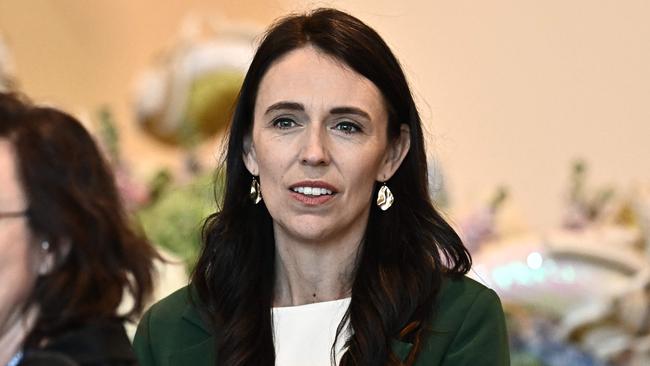Ardern’s up for lowering the age as NZ court backs voting at 16
The NZ government will ask parliament to lower the voting age to 16 after the present threshold of 18 was deemed a breach of human rights.

The New Zealand government will ask parliament to lower the voting age to 16 after the present threshold of 18 was deemed a breach of young people’s human rights.
The Prime Minister, Jacinda Ardern, 42, said she supported the lower age but that it was right to ask the question. “It is our view that this is an issue best placed to parliament for everyone to have their say,” she said after a ruling by the Supreme Court that concluded a two-year case brought by the Make it 16 campaign.
Its young members persuaded the court that younger people should be able to vote because of problems such as the climate crisis that posed a disproportionate threat to their futures.
While only parliament can lower the voting age, the decision means that 16- and 17-year-olds are being discriminated against by electoral law.
Ms Ardern’s Labour government holds a comfortable majority in the 120-seat parliament but victory in any vote is not guaranteed as 75 per cent of MPs would need to back the change. This leaves the Prime Minister reliant on votes from the centre-right National Party opposition, which said it was against the lower age.
“It’s not something we support,” said Christopher Luxon, the National Party leader.
“Ultimately, you’ve got to draw the line somewhere, and we’re comfortable with the line being 18.” Minor parties – the Greens and the Maori Party – back the proposed change.
It has yet to be decided whether the vote will be whipped or a matter of conscience. Ms Ardern said it would probably take place within months but any change would not take effect until after next year’s general election.
The campaign was launched shortly after school strikes protesting about climate change began mobilising tens of thousands of teenagers in 2019.
“This is history,” said Make It 16 campaign co-director Caeden Tipler after the court gave its decision.
“The government and parliament cannot ignore such a clear legal and moral message. They must let us vote.”
Her co-director, Sanat Singh, 17, said threats such as climate change, as well as concerns such as the pandemic and the state of democracy, would affect young people most acutely.
Only a small number of nations allow those under 18 to vote. They include Brazil, Cuba, Austria and Ethiopia. Scotland permits 16-year-olds to vote in Scottish parliamentary elections, but not in UK general elections.
David Runciman, professor of politics at Cambridge University, has argued that there is no good reason to exclude children from the right to vote and that there is a strong case for dropping the voting age to as low as six.
The Times



To join the conversation, please log in. Don't have an account? Register
Join the conversation, you are commenting as Logout